
All Growed Up: What Breadboy Did at University
Book
It's Belfast, 1982, and an eighteen-year-old boy wearing Hai Karate aftershave has a date with...
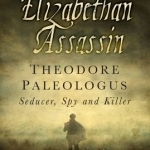
An Elizabethan Assassin: Theodore Paleologus: Seducer, Spy and Killer
Book
In this first biography of Theodore Paleologus, new documentary evidence exposes him as a hardened...
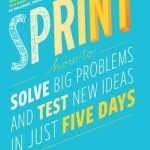
Sprint: How to Solve Big Problems and Test New Ideas in Just Five Days
Jake Knapp, John Zeratsky and Braden Kowitz
Book
Entrepreneurs and leaders face big questions every day: What's the most important place to focus...
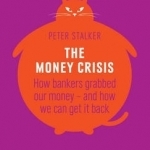
The Money Crisis: How Bankers Grabbed Our Money - and How We Can Get it Back
Book
Bankers and speculators build castles in the air but when they come crashing down ordinary people...
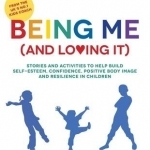
Being Me (and Loving it): Stories and Activities to Help Build Self-Esteem, Confidence, Positive Body Image and Resilience in Children
Naomi Richards and Julia Hague
Book
With 29 real life and relatable stories at its heart, this practical resource is designed to help...
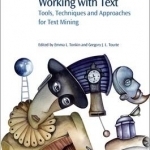
Working With Text: Tools, Techniques and Approaches for Text Mining
Emma Tonkin, Gregory J. L. Tourte and Stephanie Taylor
Book
What is text mining, and how can it be used? What relevance do these methods have to everyday work...

Future Focused Leaders: Relate, Innovate, and Invigorate for Real Educational Change
Book
The latest from Bill Ziegler and David Ramage, Future Focused Leaders, provides school leaders with...
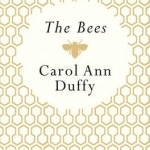
The Bees
Book
'Beautiful and moving poetry for the real world' Jeanette Winterson, Guardian 'Wonderful ...a poet...
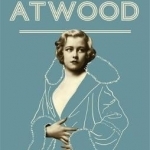
The Blind Assassin
Book
Laura Chase's older sister Iris, married at eighteen to a politically prominent industrialist but...
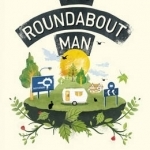
The Roundabout Man
Book
Who is the Roundabout Man? He doesn't look like a tramp, yet he lives on a roundabout in a caravan...